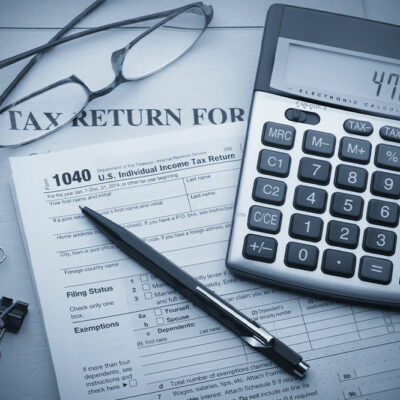
6 mistakes to avoid while filing for tax returns
The Internal Revenue Service (IRS) suggests people file tax returns electronically for faster refunds. Electronically filing has many benefits. The software prompts taxpayers in case of missing information, calculates the amount, highlights errors, and makes the credit claiming and deduction process easier. However, the process may lead taxpayers to make silly errors that can delay their returns and affect savings. The following errors can be easily avoided while filing a tax return. Late filing Approximately 20% of taxpayers, according to the IRS, put off filing their tax returns until a week before the due date. Taxpayers are more likely to make mistakes if they file their forms closer to the IRS deadline. Those expecting a refund may end up losing out on money. Alternatively, for those who owe money to the IRS, failing to file tax returns on time may result in a late filing charge or accruing penalties. Inaccurate SSN and misspelled names One’s name and Social Security number (SSN) must be written on the tax return precisely as they appear on one’s Social Security card. Even a minor error can lead to one’s tax return getting rejected. In case one’s legal name changes, it is advised to promptly update the same with the Social Security Administration before tax filing.
Read Article 









